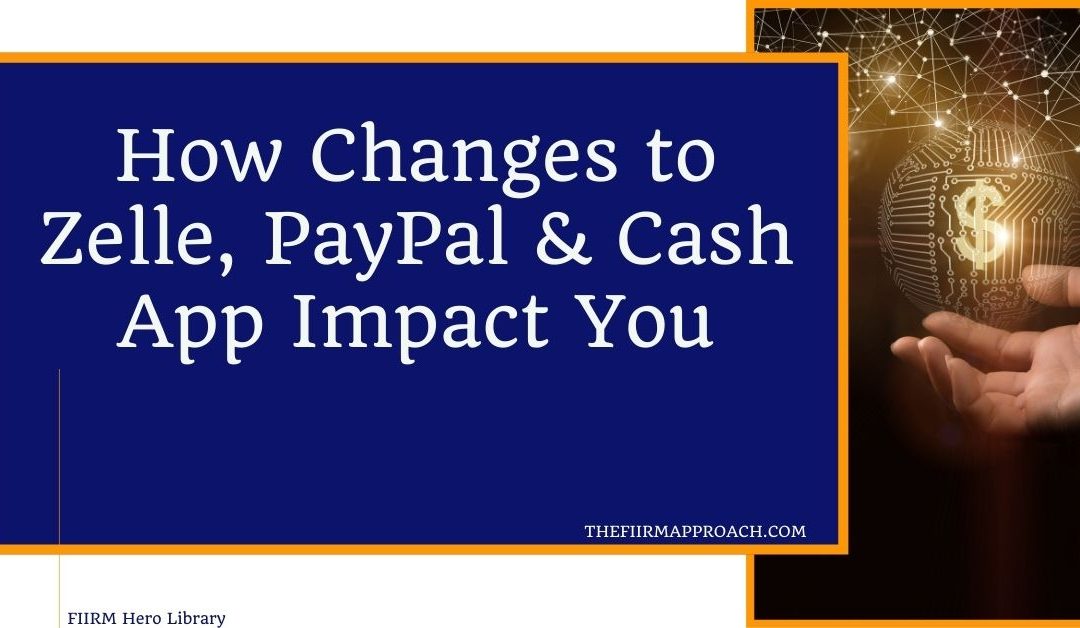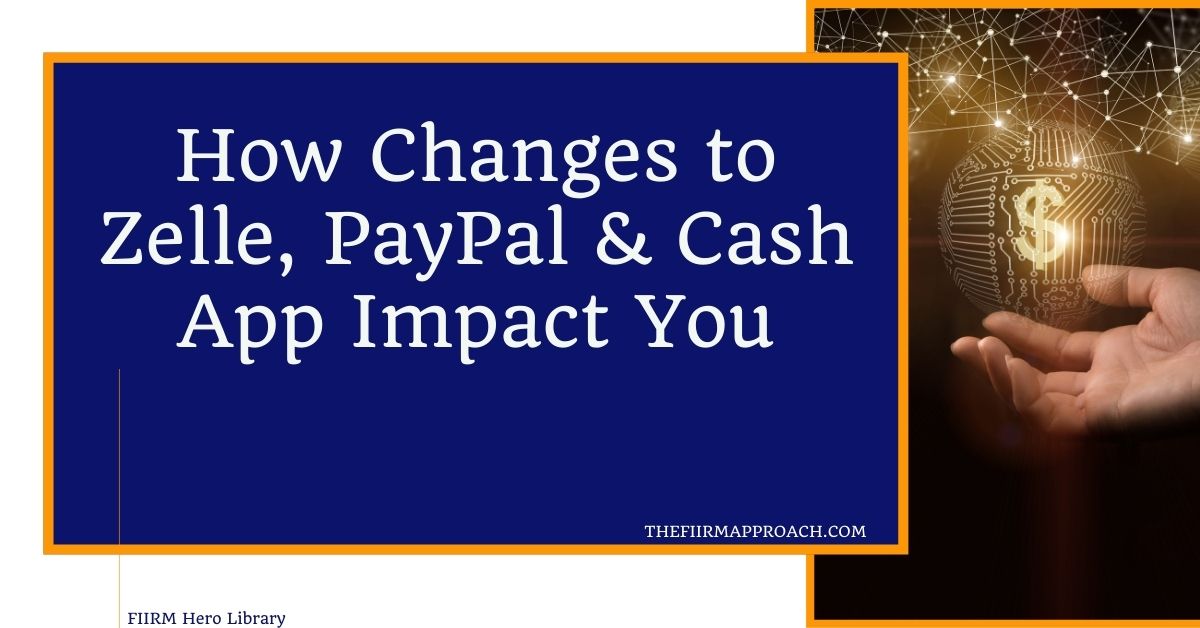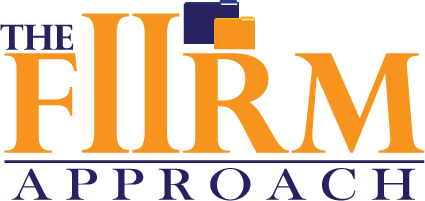
How Changes to Zelle, PayPal & Cash App Impact You

How Changes to Zelle, PayPal & Cash App Impact You
How Changes to Zelle, PayPal & Cash App Impact You
What you need to know about recent changes
Do you remember how the American Rescue Plan Act came to our rescue last year?
No.
I got you…2 words… Stimulus Payment.
3 more words… Child Tax Credit.
This particular law gave quite a few economic benefits to those who were eligible and in need.
It also gave you another present that you might not have necessarily wanted.
The pandemic uncovered just how many Americans are gig workers/independent contractors and likely realized they weren’t getting their “fair share” so they did something about it.
As of January 1, 2022, users of online payment apps/sites like PayPal, Zelle, Venmo, and Cash App need to be aware that the threshold of reporting transactions to the I. R. & S 😚 has been greatly reduced.
Prior to the passing of this provision, freelancers and independent contractors were expected to use the honor system (especially for lower dollar amount transactions) and report income for goods and services over $600.
Online payment sites would only report larger transactions (think $20,000+) according to my accountant friends.
Now, these same payment sites will report any transactions over $600 DIRECTLY to the IRS (aww, they’re so sweet 😏)
What does that mean for you?
Not much if you’re not running a business or you don’t receive excessive transactions via these apps.
HOWEVER, if you have been running a business and accidentally- on- purpose have not been reporting this income, your tax situation/bill may look a little different in 2023.
This brings me to my next point.
While this new rule should only apply to COMMERCIAL transactions (you’re still good to send your best friend money for your portion of the girl’s trip), let’s chat about a hypothetical situation.
Some of you may be receiving your child support payments (or considering receiving) via these same providers.
2 important things to consider:
- If the amount is typically over $600 and happens on a regular basis (bi-weekly or monthly) there is a slight chance that a payment provider may think it’s a business-related transaction and think you should be taxed. Of course, you don’t want that, so you whip out your Court Order to show that it’s not a commercial transaction (See Point #2 expeditiously)
- It is a violation of the Zelle user agreement to use the “service to send money to anyone to whom you are obligated for payments made pursuant to court orders (including court-ordered amounts for alimony or child support”)
I’m hoping you catch my drift and plan accordingly. I wouldn’t want anyone to get in unnecessary trouble. Be careful, my friend, “the streets are watching” 😉 Child support is non-taxable income. I just want to make sure it stays that way for you.

Nikki Tucker
Founder & Managing Director of The FIIRM Approach
Nikki is a Blogger, Speaker, and primary financial strategist of The FIIRM Approach. As a mom, 20+year financial services professional, and Certified Divorce Financial Analyst ® she is committed to helping female breadwinners strategically prepare their finances for divorce and confidently maintain their financial security pre and post divorce. Nikki uses action-based education in her Bring Home the Bacon workshops and strategy sessions as well as her on-demand digital resource – Silent Preparation Series - so you can prepare your finances for life's major transitions.
TAKE ACTION TODAY & LEARN about the simple things that can help make your pre & post divorce life easier - Grab Your Complimentary Divorce Support Pack today

Recent Comments